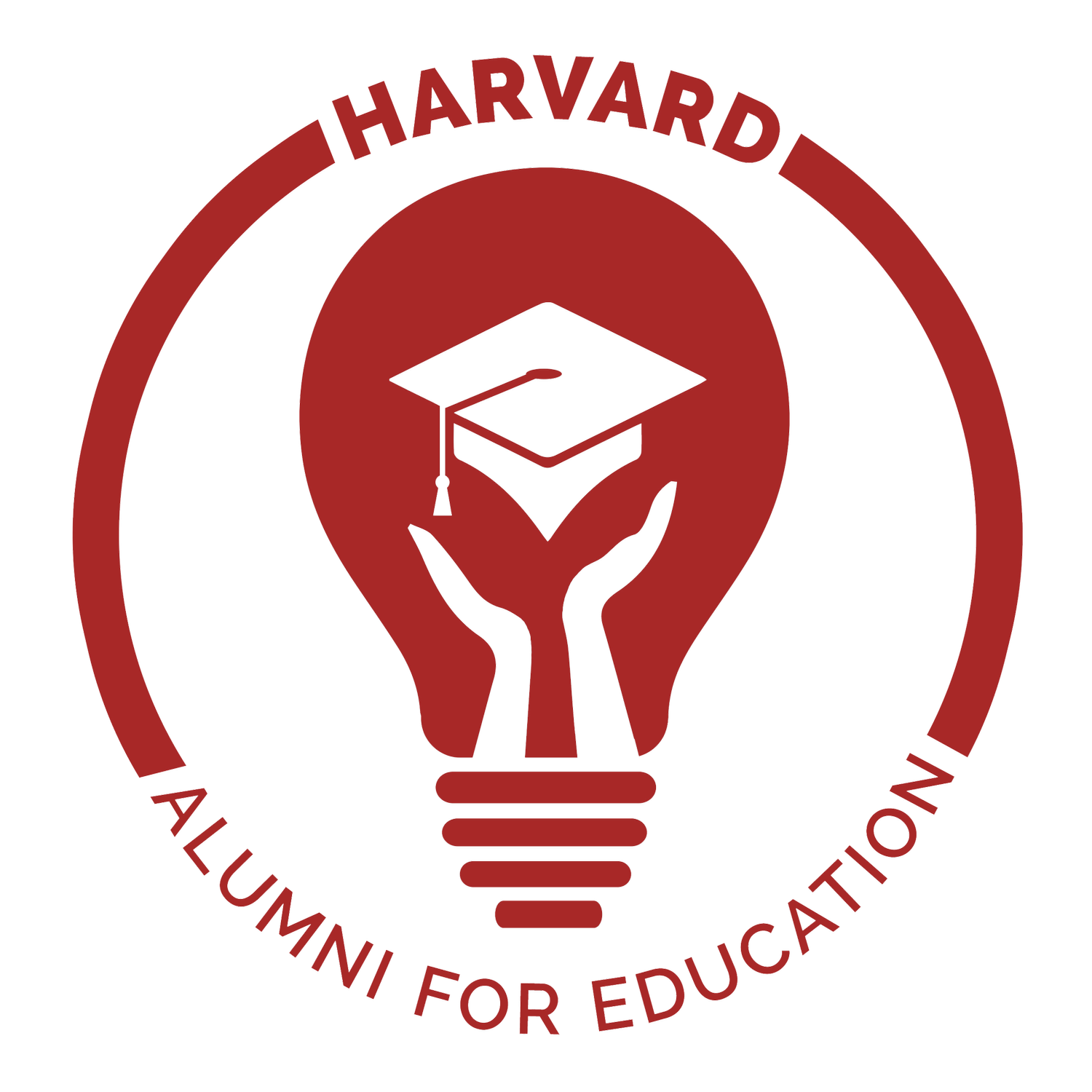By Patricia Vázquez (HAED)
In our latest HAED Latam webinar, we had the privilege of hosting Dominic Regester, Director
of Education and of the Center for Education Transformation at Salzburg Global. Dominic has
been a leading voice in global education, helping us understand that the challenges we face
today, teacher shortages, the global learning crisis, and the youth mental health emergency, are
simply too vast for any nation, institution, or organization to face alone.
We stand at an inflection point. Education systems designed in the 19th and 20th centuries,
often reproducing inequalities, are no longer fit for 21st-century realities. To move forward, we
need a fundamental shift from isolated efforts to collective intelligence, from competing for
visibility to collaborating for impact.
As Dominic explained, Salzburg Global was founded after World War II under a “Marshall Plan
for the mind,” bringing together divided people to rebuild trust and find new ways to collaborate.
That same spirit feels urgently relevant today. Successful education systems of the future will
prioritize collaboration above competition, building bridges across differences and centering
trust, transparency, and shared purpose.
True collaboration goes beyond coordination or partnerships. It means acknowledging power
dynamics, opening space for diverse voices, and recognizing that collective success depends
on co-ownership. Evidence shows that diverse teams make better decisions and achieve
greater outcomes. Yet, society still tends to reward individual achievement over shared
progress. If we want transformation, that mindset must change.
Salzburg Global’s work offers concrete inspiration:
● Co-creation ensures that participants build the agenda together, eliminating the
separation between “experts” and “audience.”
● Intergenerational collaboration values the wisdom of experience alongside youth
innovation, creating proper two-way mentorship.
● Through initiatives like Education House, Porous learning invites everyone from
UNESCO to local teachers’ associations to contribute to a single collective question over
time.
● And social and emotional learning (SEL) serves as the connective tissue of all
collaboration, strengthening empathy, critical thinking, and communication.
Despite the complex context, there are strong reasons for optimism. The global community
increasingly recognizes that system transformation requires shared effort. Innovation often
begins at the edges, in classrooms and communities working together to find new paths. Our
role is to stay curious, connect people and ideas, and create the conditions for collective
learning to flourish.
The future of education will not be built by the loudest voices, but by those who listen, connect,
and collaborate. The call is urgent yet straightforward: let’s move beyond competition and start
building the shared architecture of change.

